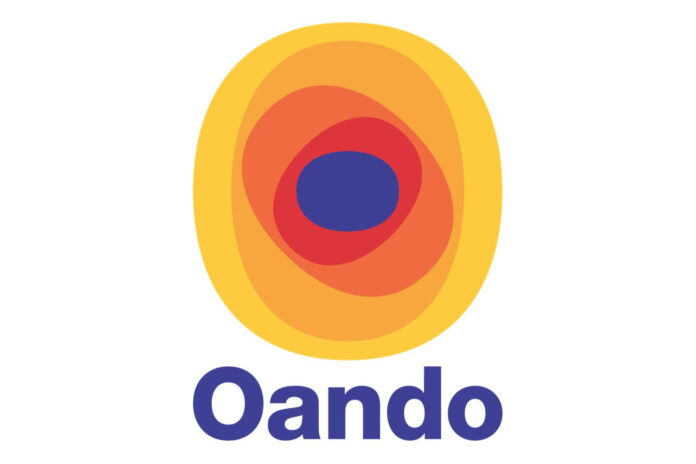At the root of the impending clash is the alleged withdrawal of the oil company from what the community described as “the age-long tradition of maintenance of electrical facilities in the area.”
The community fears that such withdrawal might throw the community into darkness, thereby depriving them of what they see as “only major benefit of oil exploration” in the area.
According to the chairman of Omoku Development Council, Dr. Christian Ojobah, in a telephone chat with The Atlantic Bell, the community cited a letter which the oil firm wrote to the community hinting of withdrawal from maintenance of electricity facilities in the area. The letter, according to the chairman, indicated that the responsibility has been handed over to the community.
Dr. Ojobah said such a development was “unhealthy, unwarranted and a ply by the company to deprive the community from the only benefit which the people enjoy from the company. This is something that Agip, the predecessor of Oando, maintained over the years. Why will Oando that just took over the assets and liabilities of Agip initiate this kind of anti-community posture.”
“The oil companies have destroyed our mangroves, our farms,our rivers. Our people can’t get firewood anymore, gas is expensive for the rural folks. So, the light which they give us is the only benefit the people derive to enable them power their gadgets. Now, if you leave maintenance of the electrical facilities to the community, it means you want to throw them into darkness,” Ojobah stated.
Dr. Ojobah noted that since Oando took over operations in the area from Agip, Omoku community has not seen any progress. “We expected them (Oando) to continue with what Agip did if they could not add or improve on them. Generate, transmit, and maintain, we are not asking for the entire world,” he quipped.
The Omoku Development Council chairman stated that Oando should not unnecessarily cause a breach of the peace in the area, as according to him, thcompany’s stance on the matter of electrical facilities maintenance is, “provacative”, especially considering the fact that they are still flaring gas in the area.
However, The Atlantic Bell investigations revealed that the stoppage of maitenance of electricaal facilities was a fall-out of the implementation of the Petroleum Industry Act (PIA), which the responsibility of such acts to host communities.
A source in Oando, told The Atlantic Bell that the community leaders ought to be aware that the PIA had taken such responsibilities and handed trhem to communities.
“Communities are paid huge sums of money monthly as afall-out of the PIA.Such funds are expectedto be deployed by the communities to maintain the facilities when they are faulty. The company will continue to generate and transmit, but maintenance is no longer under our purview. That is the law, and Omoku community cannot be the exemption,” the source stated.
The Atlantic Bell recalls that the PIA allocates three per cent of company’s annual profit to host communities. The Host CommunitySection of the PIA provides for hosts communities development trust to foster sustainableprosperity, enhance peace, abd cordial relationship between licensees and lessees, and the communities.
Governor Duoye Diri of Bayelsa State had recentlydescribed the PIA as “a time bomb” that risks inflaming tensionsin oil-producing communities.
The PIA enacted in 2021 was intended to modernize Nigeria’s oil and gas sector, attract investment, and guarantee benefits to host communities. But in the Niger Deltawhere most ofNigeria’s oil is produced, the law has faced criticism during implementation.




